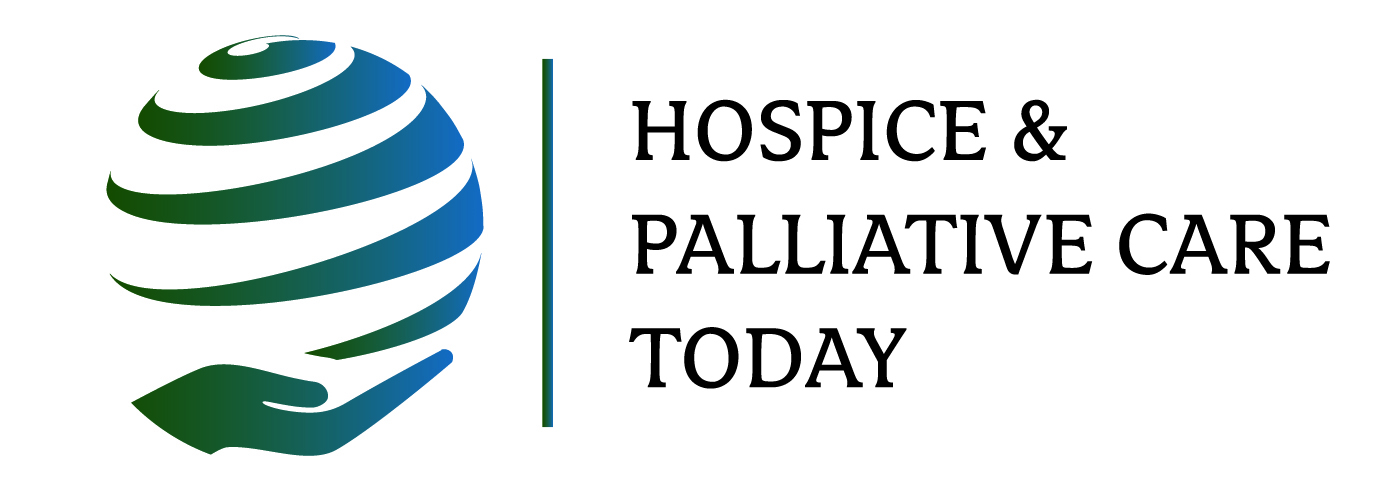Sign up for our free daily newsletters here! Note: subscribers can access our search feature!
Welcome to Hospice & Palliative Care Today, a daily email summarizing numerous topics essential for understanding the current landscape of serious illness and end-of-life care. Teleios Collaborative Network podcasts review Hospice & Palliative Care Today monthly content - click here for these and all TCN Talks podcasts.
4. Strengthening mental health literacy enhances job well-being in palliative care
5. Doyel: I didn't know how strong and kind my special Mom was. Not until she started dying
8. Home health industry welcomes CMS’ repeal of nursing home staffing mandate
9. Nevada hospital wins half-billion fraud verdict against Universal Health Services
Government shutdown impact on telehealth for hospice and palliative care providers
Lund Person & Associates; by Judi Lund Person; 10/1/25
At 12:01 am on October 1, 2025, the US federal government shut down without an agreement on a continuing resolution (CR) to fund the government. The shutdown affects many functions of the federal government. This memo will focus on the telehealth provisions for hospice and palliative care. ...
[Examine this definitive resource, addessing the following topics:]
- MAC Temporary Claims Hold
- Hospice Face to Face Provided with Telehealth Now Prohibited
- Telehealth Originating Site Requirements as of October 1, 2025
- Permanent Medicare Telehealth Policy on Eligible Providers - Important Information for Palliative Care Providers
- Proposed CY 2026 Medicare Physician Fee Schedule
- Performing Telehealth Services On or After October 1 - Not Payable by Medicare
Editor's Note: Additional articles on the government shutdown's impact on hospice and palliative care include the following.
- Care at home impacts of a government shutdown, National Alliance for Care at Home
- CMS telehealth waivers, virtual hospice re-certification, expire, Hospice News
- Government shutdown halts telehealth flexibilities, hospital-at-home waiver, threatening home health industry, Home Health Care
- Government shutdown likely to impact home health and hospice, Leading Age New York
CMS issues memo with contingency plans for state survey & certification activities in the event of federal government shutdown
CMS - Center for Clinical Standards and Quality; by CMS Directors, Quality, Safety & Oversight Group (QSOG) and Survey & Operations Group (SOG); 10/1/25
On October 1, 2025, CMS issued QSO-26-01-ALL identifying State Survey and Certification functions that (a) are not affected by a Federal shutdown, (b) excepted functions that are to be continued in the event of a shutdown (also referred to as “essential functions”), and (c) other activities that are directly affected and therefore should not be operational during a Federal shutdown. CMS also clarified that Hospice Surveys funded through the Consolidated Appropriations Act (CAA) of 2021are considered mandatory and are not impacted by the Federal Government shutdown. Work funded under these sources should continue.
Essential Medicare functions during the shutdown:
- Complaint investigations alleging harm
- Certain Federal enforcement actions
- Revisit surveys approved by exception and necessary to prevent termination
- Immediate threats to life or safety (emergencies and natural disasters)
- Orderly shutdown of other tasks.
Activities not supported or conducted during the Federal government shutdown:
- Standard surveys
- Certain revisit surveys
- Initial surveys
- Initial certification via deemed status
- Certain complaint investigations
- MDS or OASIS – no activities
- Informal Dispute Resolution – not conducted
- New CMP-funded improvement project – no new projects to be funded
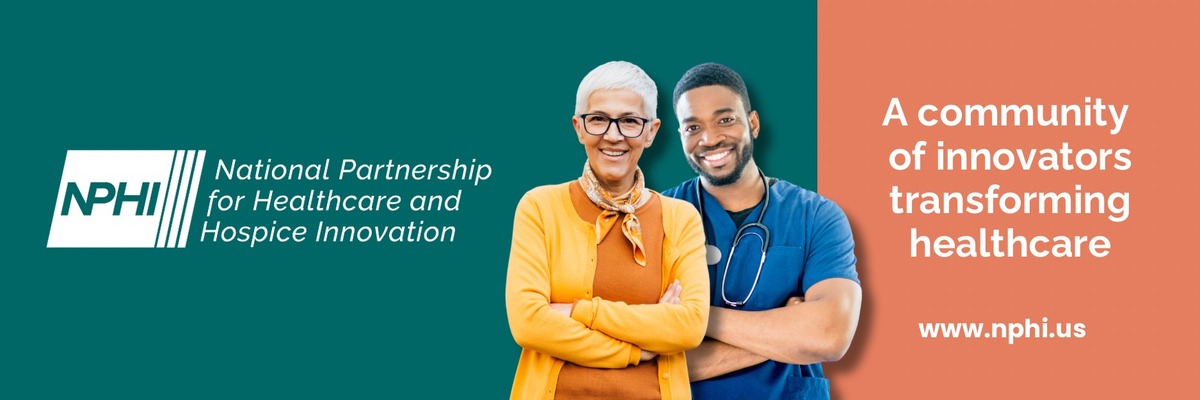 |
Hospice: A vital safety net for sepsis survivors
South Florida Hospital News and Healthcare Report; by Lauren Loftis, MD, VITAS regional medical director; 10/1/25
Sepsis remains one of the most complex and deadly medical conditions treated in hospitals today. ... For patients with advanced illness or multiple comorbidities, the post-sepsis period is often marked by functional decline, emotional distress, and a high risk of rehospitalization or death. ...For sepsis survivors with advanced illness, hospice offers a bridge between high-intensity hospital care and the realities of life at home. It provides interdisciplinary support—including a physician, nurse, hospice aide, social worker, chaplain, volunteer, and bereavement specialist—tailored to the patient’s evolving needs.
Strengthening mental health literacy enhances job well-being in palliative care
Oncology Nures Advisor; by Megan Garlapow, PhD; 10/1/25
Positive mental health literacy (PMeHL) significantly improved job well-being among palliative care nurses, with job crafting acting as a partial mediator in this relationship, according to a study published in BMC Psychology. These results highlight the importance of psychological resources and proactive role adjustments for supporting nurses working in high-stress palliative care settings.
Editor's Note: "Job crafting" is the process by which employees actively shape and redefine their roles to enhance job satisfaction, engagement, and meaning in their work.
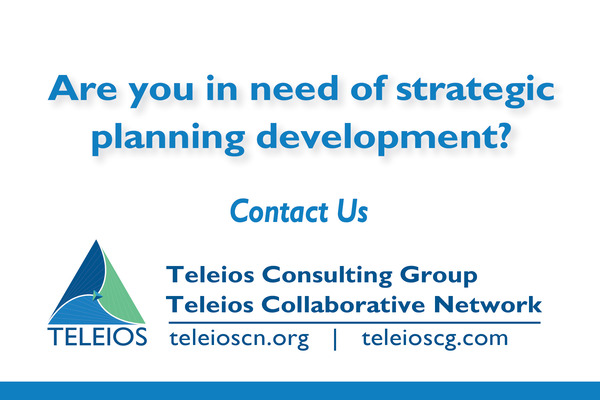 |
Doyel: I didn't know how strong and kind my special Mom was. Not until she started dying.
Indianapolis Star, Indianapolis, IN; by Greg Doyle; 10/1/25
The last time we talked, I told my mom the truth: I’d missed just how wonderful she was. Make no mistake, I knew she was wonderful. Kind, considerate, strong – she checked all the best boxes. And generous? Mom’s the most generous person I’ve ever known, and I’ve known it for years. But I didn’t know just how generous she was. Not until she started dying. Didn’t know how strong she was, either. Not until she was so weak she couldn’t stand on her own two feet. That’s when I finally saw it. ...
Confidential conversations in palliative care: An ethnographic exploration of trust and interpersonal relationship between nurse and patient
Journal of Clinical Nursing; by Tove Stenman, Bodil Holmberg, Ylva Rönngren, Ulla Näppä, Christina Melin Johansson; 9/30/25
Confidential conversations in palliative care are grounded in fragile, dynamic trust, necessitating ongoing presence, sensitivity and adaptability from RN. To support these interactions, healthcare environments must prioritise privacy, relational continuity and communication training. Future research should investigate how organisational structures and clinical settings influence confidential conversations. ... Healthcare environments should facilitate confidential conversations by ensuring relational continuity and minimising distractions. Communication training that emphasises presence and management of silence can strengthen nurse–patient relationships, enhancing patient care and emotional support.
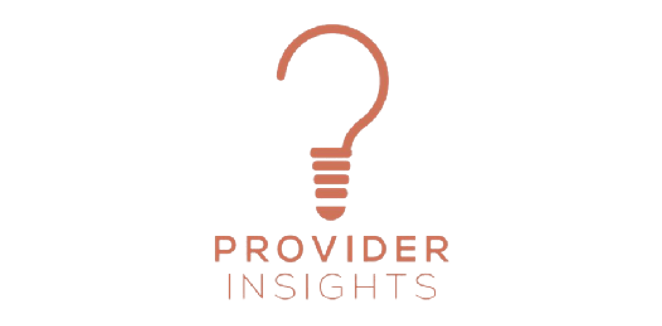 |
Report sounds alarm about private equity’s growing involvement in PACE
McKnights Home Care; by Adam Healy; 9/24/25
The Program of All-inclusive Care for the Elderly (PACE), a program funded by Medicare and Medicaid, is an increasingly attractive target for private equity investors. This may be a cause for concern, according to a new report by the Private Equity Stakeholder Project. “Private equity sees PACE as a guaranteed revenue stream, not a care model,” Michael Fenne, report author and PESP’s senior healthcare research coordinator, told McKnight’s Home Care Daily Pulse Wednesday in an email. “The result is that PACE, once a nonprofit-driven model focused on keeping seniors healthy at home, is increasingly being treated as a financial opportunity for investors.”
Home health industry welcomes CMS’ repeal of nursing home staffing mandate
Home Health Care News; by Joyce Famakinwa; 9/20/25
Earlier this month, the Centers for Medicare & Medicaid Services (CMS) drafted a rule that would repeal the federal staffing mandate for nursing homes – a move that would send ripple effects through the home health industry. The rule was controversial among nursing home operators, but it also received pushback from home health providers who were concerned that the mandate would lead to further staffing scarcity. “The repeal is positive for home health agencies,” Katy Barnett, director of home care and hospice operations and policy at LeadingAge, told HHCN in an email.
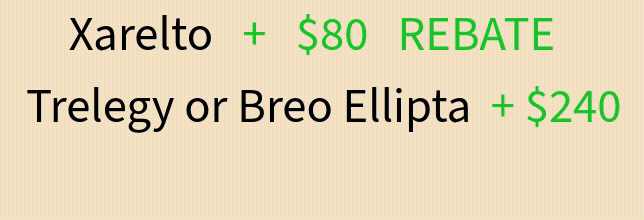 |
Nevada hospital wins half-billion fraud verdict against Universal Health Services
Reno Gazette Journal; by Jason Hidalgo; 9/29/25, updated 9/30/25
Saint Mary’s Health Network earned a big win in court after a jury awarded it half a billion dollars in its case against Universal Health Services. A jury in Washoe County awarded the Prime Healthcare affiliate $510 million after it found Universal Health Services liable for fraud against Saint Mary’s during the COVID-19 pandemic. The verdict included punitive damages. "This verdict affirms that the weaponization of corporate power, betrayal of physician trust, theft of proprietary information, and reckless endangerment of patients will not be tolerated,” said Saint Mary’s Health Network CEO Derrick Glum in a statement. “The verdict restores justice and allows our hospital’s mission to serve our community with compassion and dignity to endure.”
Human judgment: The magic ingredient for making AI work across aging services disciplines
McKnights Senior Living; by Kimberly Marselas; 9/29/25
From tackling a scabies outbreak in a long-term care facility to scheduling shifts and helping write plans of correction that satisfy regulators, a range of aging services providers are eagerly already putting artificial intelligence to work. But what is it not doing for them? Taking the place of human staff members, their workplace knowledge or their clinical judgment. That was a resounding takeaway of a recent McKnight’s Tech Summit webinar exploring how AI technologies are supporting care teams role by role.
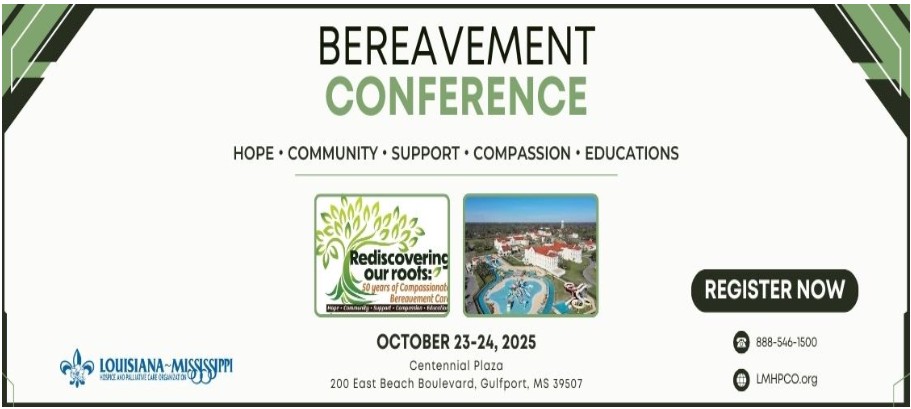 |
Ethics of disclosure in pediatric end-of-life care
American Nurse; by Adrianna Watson, PhD, RN, CCRN, TCRN, and Rachel Clement, BSN, RN; 9/30/25
An ethical case study analysis
Takeaways:
- Healthcare professionals face complex ethical challenges with regard to pediatric patients’ end-of-life decisions, particularly when patient autonomy conflicts with parental authority.
- Findings emphasize the importance of educating nurses on ethical dilemmas and providing structured support to foster moral resilience and mitigate moral distress, ensuring both ethical integrity and compassionate patient care.
- This study highlights the need for ongoing ethical education and interdisciplinary collaboration in nursing practice to equip nurses with the knowledge and tools necessary to navigate ethical complexities, ultimately enhancing the quality of patient care and professional well-being.
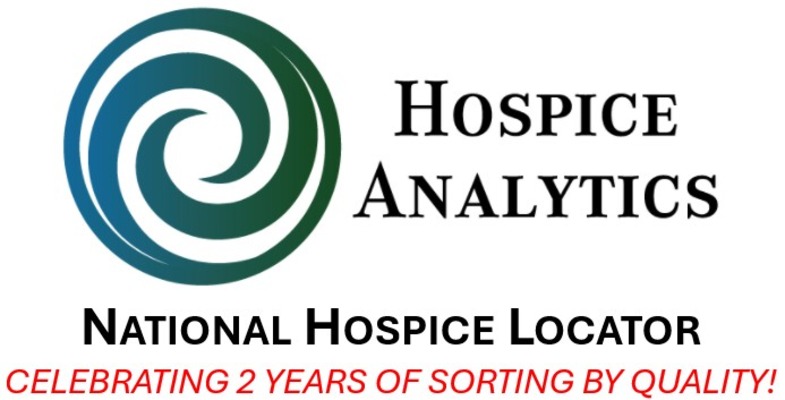 |
The Fine Print:
Paywalls: Some links may take readers to articles that either require registration or are behind a paywall. Disclaimer: Hospice & Palliative Care Today provides brief summaries of news stories of interest to hospice, palliative, and end-of-life care professionals (typically taken directly from the source article). Hospice & Palliative Care Today is not responsible or liable for the validity or reliability of information in these articles and directs the reader to authors of the source articles for questions or comments. Additionally, Dr. Cordt Kassner, Publisher, and Dr. Joy Berger, Editor in Chief, welcome your feedback regarding content of Hospice & Palliative Care Today. Unsubscribe: Hospice & Palliative Care Today is a free subscription email. If you believe you have received this email in error, or if you no longer wish to receive Hospice & Palliative Care Today, please unsubscribe here or reply to this email with the message “Unsubscribe”. Thank you.

